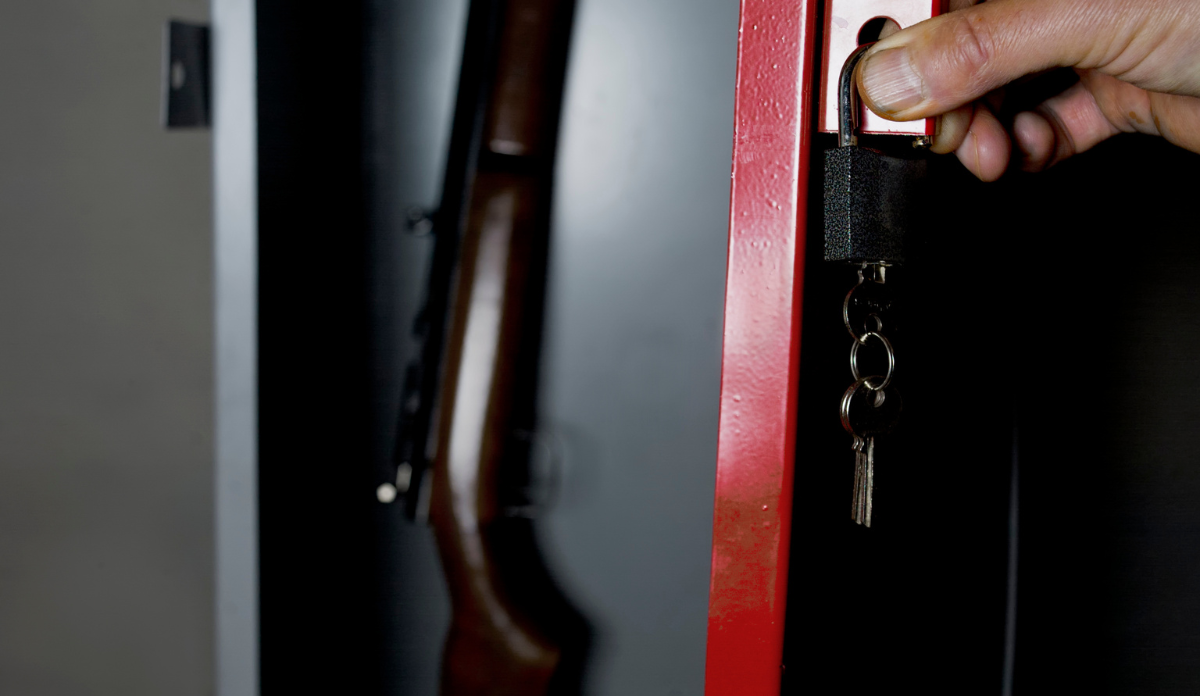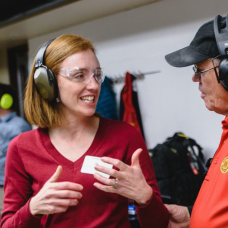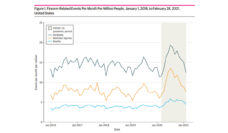“If you could save a life wouldn’t you want to?… If you saw somebody drowning, wouldn’t you grab him?” That’s how a Colorado firearm range operator explained to our study team why they wanted to help prevent suicide.
In the United States, firearms are the method used in half of all suicide deaths. Suicide attempts often occur within a short period of crisis. But when a firearm is used there’s usually not a second chance, as 90% of attempts with a firearm are fatal. The good news is that reducing access to firearms and other lethal methods can prevent suicide death. So healthcare providers, government agencies, and firearm organizations recommend taking steps to limit access when someone’s at risk.
One way to reduce firearm access is by moving firearms out of the home of the at-risk person until the crisis has resolved and the person’s risk has abated. But how? State laws vary concerning firearm transfers, so it may – or may not – be legal to temporarily store firearms for a friend, family member, or neighbor.
These programs are a promising – and non-partisan – way to try to save lives.
What about businesses (like firearm ranges or retailers) or law enforcement agencies? Our team developed the first online “firearm storage map” showing locations willing to consider temporary, voluntary firearm storage in Colorado. The idea has spread to other states and received White House attention, but little was known about current practices.
With support from the National Institute of Mental Health, our research team from the University of Colorado and the University of Washington conducted qualitative interviews and large-scale surveys to examine the attitudes, experiences, and preferences of potential storage providers (ranges/retailers and law enforcement agencies) and potential users of storage (firearm owners and adults living with firearm owners).
Broadly, we found support for engagement in suicide prevention and recognition of a key role for firearm ranges/retailers, due to their trusted relationship with firearm owners. At the same time, there were logistical concerns, like space. The biggest concern was liability when firearm owners come to retrieve their weapons. Interviewees cited a desire for at least guidelines – and ideally liability protection – for safe return of firearms.
So, what’s next? Louisiana and Washington have since passed state legislation providing liability protection. And more states are building online “firearm storage maps,” considering legislation for liability protection, or providing documents to support storage (e.g., contracts). Future research and program evaluation are needed to see if and how “firearm storage maps” and voluntary storage programs are used, and whether they prevent suicides. But for now, these programs are a promising – and non-partisan – way to try to save lives.
Photo via Getty Images














